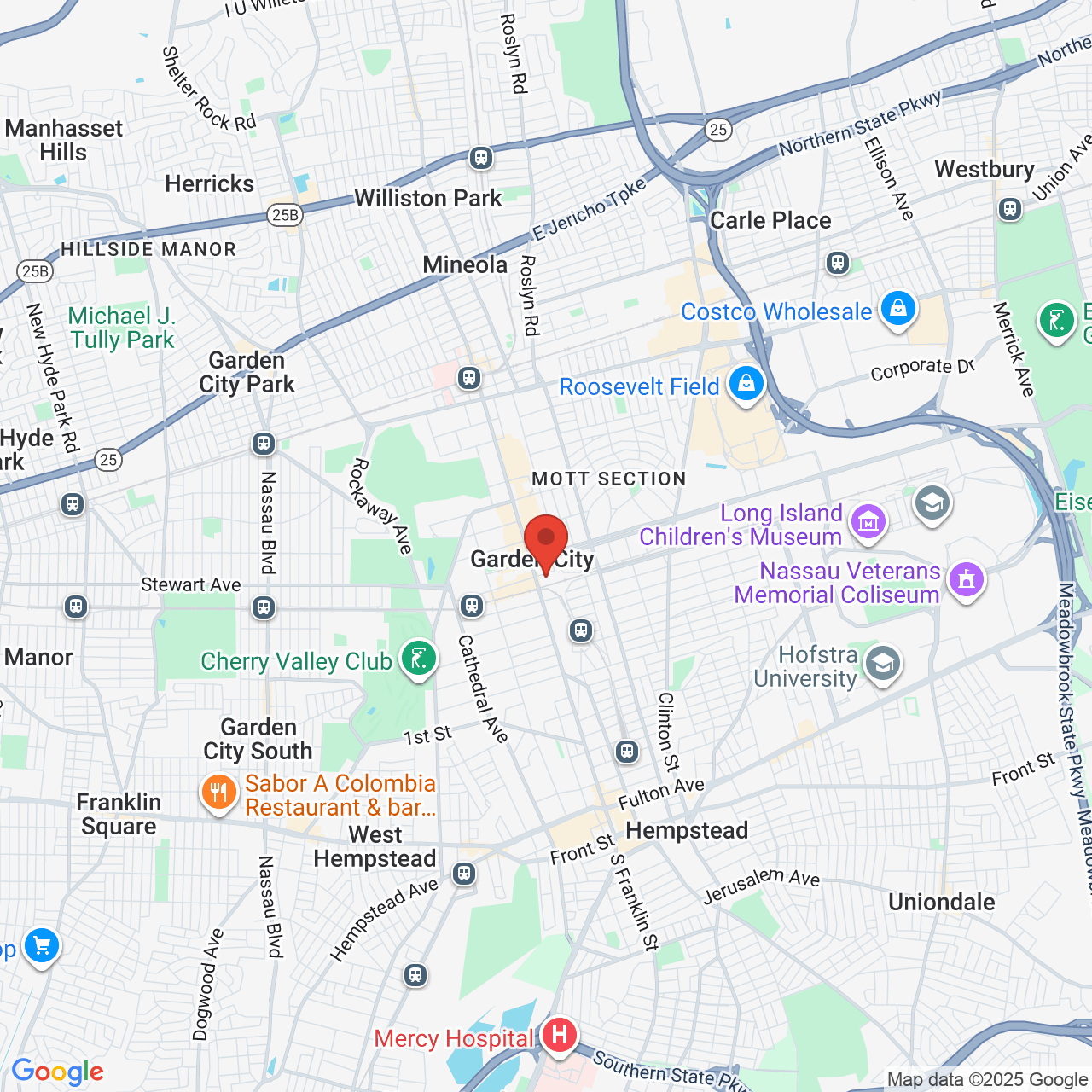Porcelain Veneers Replacement
 Porcelain veneers are a long lasting treatment option that can mask dental flaws and transform the appearance of your smile. Although extremely durable, porcelain veneers have an average lifespan of about ten years and will eventually require replacement. With proper care and maintenance, many porcelain veneers can last over ten years, but even well-cared for veneers will eventually require replacement. Learn more about porcelain veneers replacement and how you can help prolong the life of your veneers in this overview from Long Island cosmetic dentist Louis J. Buono.
Porcelain veneers are a long lasting treatment option that can mask dental flaws and transform the appearance of your smile. Although extremely durable, porcelain veneers have an average lifespan of about ten years and will eventually require replacement. With proper care and maintenance, many porcelain veneers can last over ten years, but even well-cared for veneers will eventually require replacement. Learn more about porcelain veneers replacement and how you can help prolong the life of your veneers in this overview from Long Island cosmetic dentist Louis J. Buono.
When Should Porcelain Veneers Be Replaced
Porcelain veneers should last many years without any problems. However, despite proper care and maintenance, veneers can become damaged due to unexpected events, such as a car accident or sports related injury. Of course, without proper care, porcelain veneers are more vulnerable to damage and are more likely to require early replacement. Porcelain veneers should be replaced for the following reasons:
- Underlying tooth decay: Some patients believe they can't get cavities in teeth treated with porcelain veneers and may become lax with dental hygiene. In reality, teeth with veneers are just as vulnerable to tooth decay. This is because porcelain veneers only cover the front surface of the teeth, leaving any exposed areas vulnerable to tooth decay. If tooth decay occurs, porcelain veneers may need to be removed and replaced to treat the decay and restore the tooth.
- Damage to the veneer: The porcelain veneer itself may become damaged for a number of reasons. Facial injuries, chewing on plastic pen caps, or teeth grinding are just a few causes of veneer damage. Should your veneer become chipped, fractured, or otherwise damaged, regardless of the cause, it needs to be replaced immediately. Damaged veneers leave the underlying teeth vulnerable to decay.
- General wear: Porcelain veneers may start to show the signs of general wear after ten years.
- Mismatch in color: Porcelain veneers do not stain or discolor like the natural teeth. This can lead to a noticeable difference in color between porcelain veneers and the surrounding natural teeth. Since porcelain veneers do not respond to whitening treatments, a mismatch in color may also occur if teeth whitening treatments are performed.
- Loose veneers: Over time, the dental cement used to bond porcelain veneers may become weakened, resulting in loose veneers. Loose veneers leave the underlying teeth susceptible to tooth decay because food particles, bacteria, and plaque are able to settle in between the veneer and underlying tooth. If veneers become loose, they will require replacement.
Porcelain Veneers Care Tips
The way you care for your porcelain veneers can either extend or shorten their life. Proper care is of utmost importance to keep your veneers looking and functioning their best for years to come. Here are some tips on what to do and what avoid when it comes porcelain veneers aftercare.
- Practice proper oral hygiene, including brushing twice a day and flossing once a day
- See your dentist for regular check-ups and cleanings
- Use a soft-bristled brush and non-abrasive toothpaste
- If you suffer from teeth grinding, seek treatment
- Don't chew on hard objects like plastic or metal pen caps, fingernails, or ice
Contact Dr. Buono
For more information about porcelain veneers replacement, schedule a consultation with Dr. Buono.



